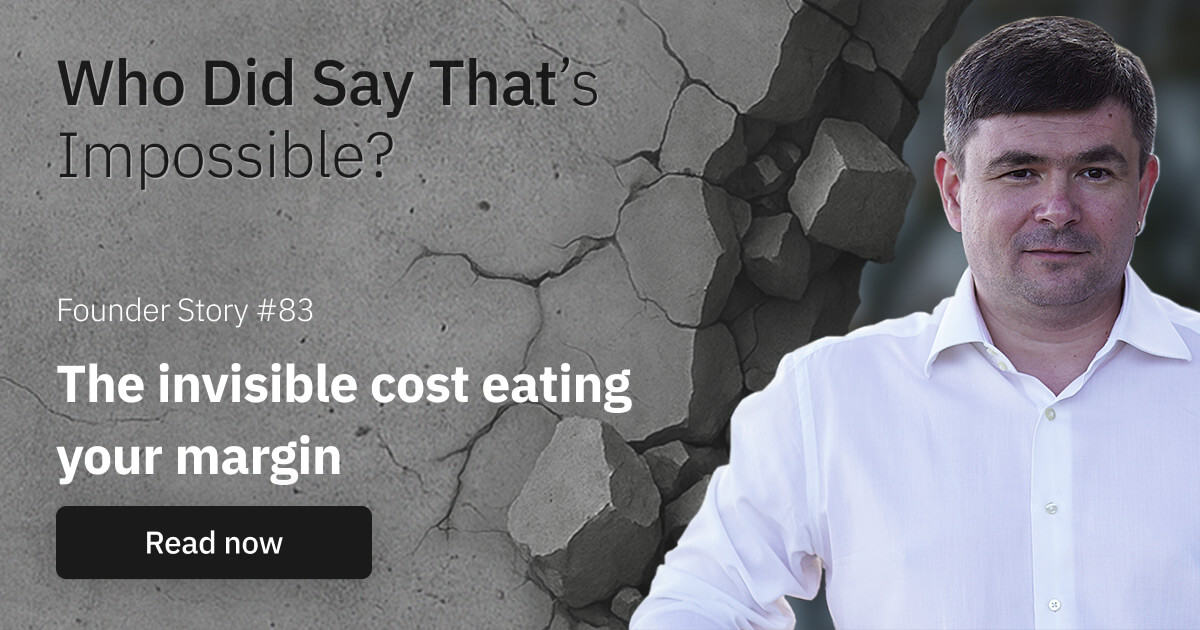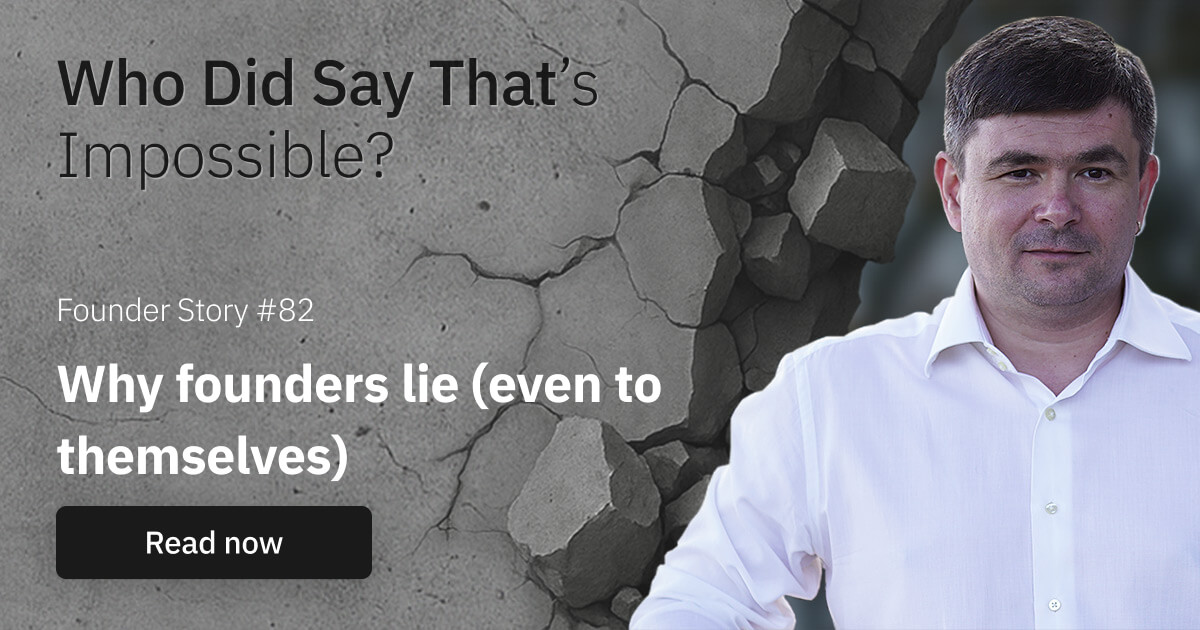Your Own Little Universe.
Or minute of Value.
Every entrepreneur has their own story.
Their own goals, values, and path.
Each lives in a unique world with their own vision of success:
- For some, it’s about supporting their family.
- For others, it’s about freedom.
- And for some, business is a launchpad to the stars.
Each goal shapes a unique way to achieve it.
While countless business models exist, success can’t be copied.
What works for one won’t necessarily work for another, even with the same framework.
But there’s one universal truth.
Every business, regardless of its field, is built around one thing — a value delivery chain.
The value chain is the foundation.
It defines how a business operates, responds to customer demands, and fulfills their needs.
It connects every aspect of the business: from the first customer interaction to post-sale support.
The value chain is like a nervous system, transmitting signals across the “body” of the company.
Physicists talk about the fine-tuning of the Universe:
If even one variable in the physical laws were altered, everything could collapse.
In business, it’s much the same.
Even minor changes to the value chain can disrupt the entire system.
Everything matters.
Every detail is critical:
- At the growth stage.
If you’re just starting out, no one knows about you. You lack reputation and reviews.
Your priority is to attract clients.
- In the founder’s traits.
What are your strengths?
How do they shape your business?
The value chain isn’t static.
It evolves alongside the business, adapting to its needs.
As the business grows, new challenges emerge:
- Operational efficiency,
- Market research,
- Cost optimization.
Even reading this Story is part of your research aimed at growth.
It’s another element of your value chain.
Why is it important?
The value chain is a source of unique advantage.
It helps a business stand out.
Competitive advantage isn’t always about patents or unique technologies.
More often, it’s about:
- Streamlined processes,
- Quick response to customer needs,
- A compelling marketing offer.
Every part of the system impacts the final outcome.
Success isn’t luck.
It’s the result of meticulous system design.
Michael Porter introduced the original idea of the value chain in his book Competitive Advantage.
I’ve expanded it into a broader, overarching business chain.
This approach helps to better identify and optimize bottlenecks.
Business is a living organism.
Every signal lost between departments is a missed opportunity to:
- Improve quality,
- Reduce costs,
- Increase margins.
Business operates in an aggressive, competitive environment.
In many ways, it mirrors life and society.
It involves processes tied to its vitality:
- Creativity,
- Research,
- Growth,
- Understanding,
- Meaning — the value delivered to clients.
And it’s not immune to “illnesses”:
- Rigid thinking,
- Lack of initiative,
- Bureaucracy,
- Office politics.
The business’s immune system depends on you.
Small businesses have the advantage — they adapt quickly.
It’s simpler to build efficient processes:
- Less bureaucracy,
- Modern tools,
- The ability to implement changes quickly.
No-code platforms and AI simplify value chain development.
They automate routine tasks, freeing up time for the most important thing — creating value.
You are the architect of your universe.
The scale and success of your business depend on how well you build your system.
If there’s chaos inside, no amount of sales will save you.
They’ll just vanish, like waves crashing against the shore.
Disclaimer.
Every business has its nuances, and every founder has their unique context and resources. Whether or not my advice applies depends on your situation, experience, and needs. But one thing is universal—use your brain.
Think about how to apply the advice in your context before acting.
Your way.
- Eugene
Join the “most offbeat” Businessletter on entrepreneurship.

Hi, I’m Eugene.
20 years later — 80 people, 3 continents, 7-figure revenue.
But for many years, I was the bottleneck in my own business.
Now I help founders escape the same trap. Through systems that actually work, not theory.
I write weekly: operational war stories, decision systems, and lessons learned the hard way.
For founders who want to build without burning out.
More Stories
Founder Stories

The invisible cost eating your margin
Or minute of realizing you're paying for time you can't bill

Why founders lie (even to themselves)
Or minute of freedom that comes after you exit


